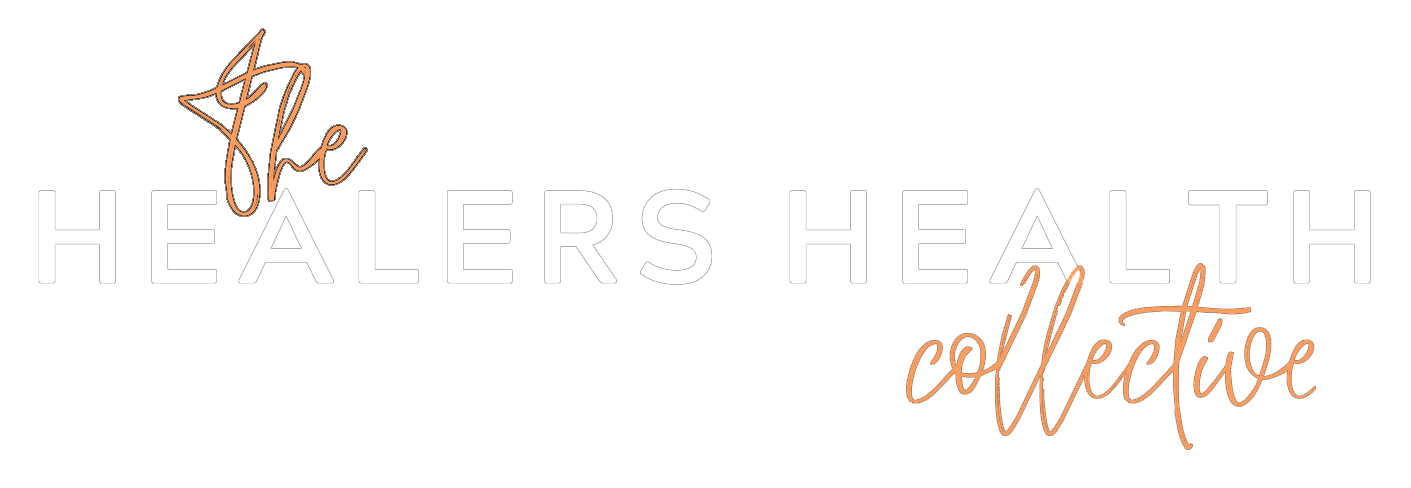Why are doctors burning out and what can we do about it?
First and foremost I need to preface this with the fact that the reasons that anyone burns out are nuanced and personal. But there are also some widely accepted (source) general precipitants to occupational burn out such as:
- Dysfunctional workplace dynamics
- A lack of job control
- Lack of social support
- Unclear job expectations
- Extremes of activity
- Work life imbalance
Now let’s look at these specifically in relation to both hospital and community medicine.
1. Dysfunctional workplace dynamics
At last count there were 101 841 doctors in Australia, of those just over 95% work mainly in clinical medicine (source). Clinical medicine consists of a variety of inpatient, outpatient, hospital and community settings. Clinical medicine is the interface between doctor and patient. The one thing that these doctors have in common is that within all of these clinical settings, they are largely beholden to the assorted guidelines, procedures and pathways that each health service implements.
In a resource limited system like the Australian public health system, these guidelines and policies ensure as fair and as equitable access to finite beds and care as is humanly possible. As doctors, our heart often breaks having to watch our patients suffer from extended wait times or difficulties accessing care. Us not being able to change it, doesn’t mean we don’t care. Any of us who have worked in clinical medicine (whether doctor, nurse, allied health or even patient administration) know how heartbreaking it is to not be able to do any more than we are doing. This constant stretching of resources and people to their limits can inevitably lead to fractures or animosity between colleagues or patients. We’re all doing our best, but sometimes it can feel like bailing water out of the Titanic.
2. A lack of job control
Of the over 100 000 registered doctors in Australia, 16 500 of these doctors are in a specialty training program (source). These training programs range in duration from 3-7+ years depending on speciality. While on these training programs, Registrars (as these trainee specialist doctors are known) are required to move across a wide variety of placements, ranging from within a specified state area to all over Australia and in the case of post graduate Fellowship training, sometimes the world, in order to meet their training requirements. Quite simply, they will go where ever their speciality college says they must go.
For many of our specialists-in-training, things like starting a family are put on hold due in large part to the transient and demanding nature of these training programs. And while the rigour of the Australian speciality colleges is to be commended, it must also be appreciated that as more of our doctors come through graduate entry medical programs, many more of our specialists-in-training will desire to be starting a family during their training programs. Our speciality colleges must move with these changes and adapt to afford our trainees a greater degree of autonomy in their training pathways.
Gaining fellowship of your chosen college does change this point enormously, however it is important not to negate the distress caused by this point on the lives of trainees.
3. Lack of social support
From the above point, you can appreciate that during this time of frequent moving and renewing of contracts, it is often difficult to put down roots. From having social supports, to gym memberships, to knowing where the best take away food is- moving every few months makes it very difficult to build a network of support around our specialists-in-training.
4. Unclear job expectations
I have learnt the hard way that this point does become easier with time. Statistics show that older doctors are less prone to burn out (source). Some postulate that this is because more experienced doctors are better able to appreciate what is within our control in medicine and what is outside of it. That the wisdom of years allows us to separate the ‘wheat from the chaff’ better and learn how to focus our energy more productively on that which we can control or change.
I would offer a secondary thought to this concept though and add that this is also partly due to the fact that medicine is such a hugely dynamic field. Things that I learnt at medical school are now completely redundant, medications are superseded at an alarming rate and there are diseases that I was taught were life long and incurable during my medical training that we can not only now manage but even cure. The sheer level of information needed to be kept up to date with in clinical medicine is astonishing. Couple this with the ever changing digital health landscape, keeping up with the advances of modern medicine is a tough task. Google X’s Astro Teller is quoted as saying to author Thomas Friedman that the rate of human adaptability is being superseded by technology and that we must “learn(ing) faster and govern(ing) smarter” in an attempt to catch up and keep up (source). Medicine is the perfect example of this.

5. Extremes of activity
It will come as no surprise to anyone that the working life of a doctor involves long and often unpredictable working hours. The allure of General Practice is often quoted as being “family friendly” or “better work hours” than other speciality training pathways and post fellowship lives. But the reality of private practice is that medicine involves many, many hours of work outside our ‘work hours’ regardless of what speciality you choose because often it is simply not practical (not possible) to ‘hand over a patient’ to someone else. In the hospitals, this shouldn’t be occurring however. The ability to hand over a patient and leave a shift on time in a hospital that is staffed 24hrs a day 7 days a week is something that we must protect for the juniors that come after us.
Unfortunately, this seems to not be a sentiment shared by many medical administration departments as shown by a current class action admirably launched by a collective of junior doctors fighting to be paid their fair overtime (source). This is something that as doctors we must all call out and enforce in order to protect our junior workforce from burn out when it is obvious from the previous and above points, that our trainees are shouldering the lions share of these known ‘burn out precipitant factors’ (most notable of which is the lack of job control and limited social support).
6. Work life imbalance
For most doctors, we have taken a path of 10-15 years of education post high school. For those years, education, work and other aligned commitments have been front and centre in our lives. We’ve literally conditioned ourselves to place work above all else.
Medicine is often spoken of as ‘not just a career but a calling’. As noble as this sounds, doctors are people just like the rest of us. There was not course at medical school that took the fleshy vulnerability of humanity away from us. We too need to strike a balance between taking care of others and taking care of ourselves. These two things however are not the dichotomy that they may initially appear to be. One of the fundamental concepts around my model of Basic Life Support Self Care™ is that in the same way we first check for danger in our clinical BLS algorithm, we must take care of ourselves in order to take the best care of our patients. Learning how to integrate authentic and holistic self care practices into our lives as clinicians is not self indulgent but is in fact paramount to being a good doctor.
Clearly there are huge systemic issues that contribute towards physician burnout. No doubt there are also individual factors at play, after all, despite the fact that I burned out, not everyone one of my colleagues will. I’m not offering an ‘either/or’ solution here. What I am suggesting is that there are a variety of things that each of us can do to mitigate feelings of burnout for ourselves as well as systemic issues and structures that as a collective we can begin to shine a light on.
Most importantly however, I want to say to others in my profession who are feeling burnt out or overwhelmed that I see you. I know what that feels like and that is exactly the reason that I started The Healers Health Collective. That right now I am just one person, but that my hope and dream is that this resource will grow and flourish and that one day I will be able to “be the change that I wish to see in the world” (Gandhi).




